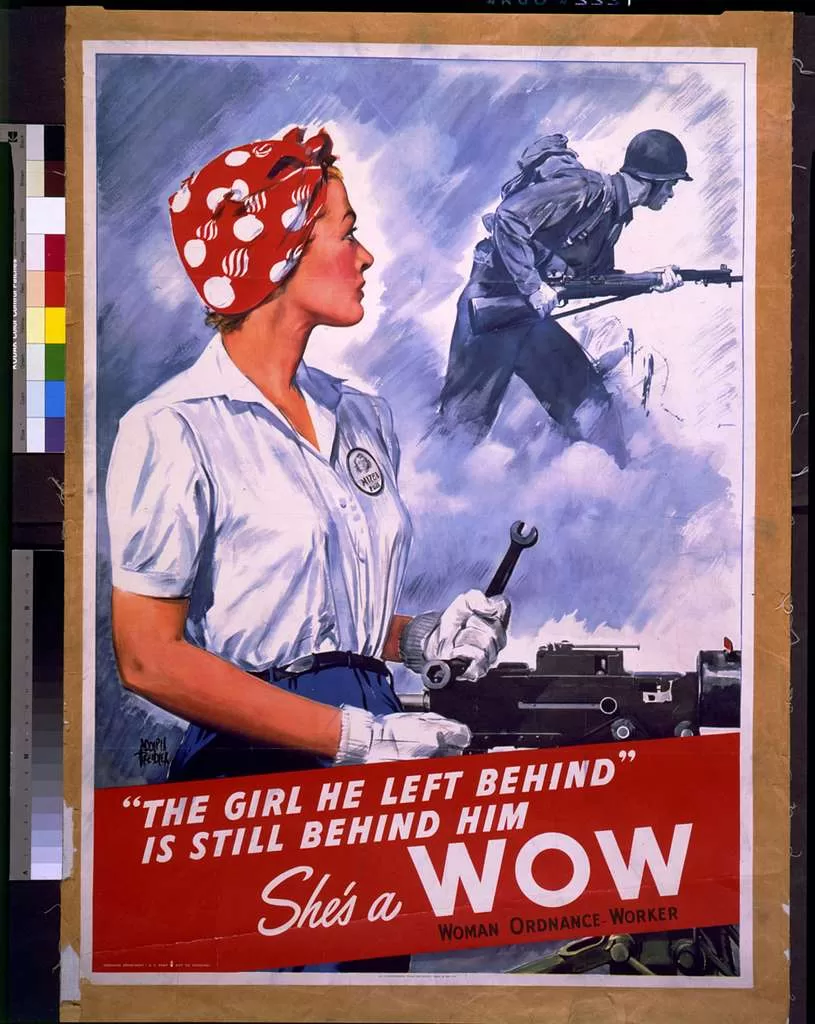Will to Power or Will to Win?
Anchored in this belief, men’s life is governed. Under the shadow of this notion, men move from their first breath in the cradle until the earth swallows their last breath, this thought shapes the rhythm of men’s days. Nietzsche believed that humans strive not for striving sake; they strive to be winners. Men are fed to be winners; this winning gives them power, the power of being a provider, protector, and dictator.
Men – Superman
Friedrich Nietzsche’s “Übermensch,” which translates to “Overman” or “Superman,” presents a philosophical concept that represents a superior human being who has transcended conventional morality and created their values. This essentially signifies an ideal human that people should strive to become. The concept is most prominently discussed in his book “Thus Spoke Zarathustra,” where the character Zarathustra introduces the idea of the Übermensch as a goal for humanity to aspire to.
According to Nietzsche, an overman is someone who bows to no one in power. He has a unique ability to influence and intimidate others. With a word that carries the weight of law, he is an unstoppable force. He is the victor who isn’t afraid to pursue his desires, leading him to Nietzsche’s concept of the will to power. A living being does not merely fight to survive; it craves power. This relentless drive to assert dominance and impose will over weakness is not an aberration but a pulse beating at the core of existence. Nietzsche proposes that violence isn’t a flaw in humanity; it’s part of their essence. Beneath the surface of civility, the primal urge to conquer and break free from restraint surges—an instinct as natural as breathing. To deny it is to deny life itself.
Bad Boys: Why Young Girls Are Drawn to Rebellious Heroes – Invisiblites
Men of Twenty-First Century
The point to ponder here is that Nietzsche wrote this between 1883 and 1885, and we live in 2025. However, men were equally influenced by this idea long before Friedrich wrote it. Modern-day men and men who once occupied the earth after Friedrich were both equally dictated by Nietzsche’s ideas of will-to-win as a gateway to will-to-power. This again poses a question: What is the biggest reward for men? Women!
Women have played a far more crucial role in pushing men to this marathon of masculinity, where power is equivalent to being desired on the contrary sentiments are attached to femininity. During world wars, the government occasionally used posters and postcards of women to evoke masculinity in men; women were portrayed as the rewards of their masculinity that they would be portraying in the wars.
Men and Social Media
As modernism evolved, so did social media, which added fuel to the fire. The dominant forces who climbed the ladder of success without defeat are glorified and considered worthy of respect not only by men but by women as well. Men want to be winners so they can have power where they are feared and respected by others.
Unfortunately, the media is twisting the narrative to an alarming extent; the bad men are portrayed as the epitome of masculinity. Cursing and brutish behavior, marked by the destructive tendencies of savages striking fear into others, are celebrated by the media. Young girls often fall prey to such media darlings, with unmetered internet access exposing them to characters like Thomas Shelby, Damon Salvatore, Christian Grey, The Joker, and Joe Goldberg, feeding them with a whole other definition of masculinity. These characters are desired and lusted over by young and even grown women alike. The media is distorting the idea of masculinity.
Media and Masculinity
In the age of unfiltered media, Nietzsche’s Übermensch finds new life—no longer a philosopher’s ideal but a digital fantasy. The master morality he praised—strength, dominance, and the power to shape one’s reality—now bleeds into the figures the media glorifies. Characters like Thomas Shelby, Damon Salvatore, and Christian Grey embody this ruthless ambition, seducing audiences with their cold command. In contrast, slave morality—humility and restraint—is mocked. With unlimited internet access, young girls romanticize these figures, mistaking brutality for strength. The media’s twisted narrative sells a dangerous dream: the winner takes it all, even if he destroys everything in his path.
Interestingly, one question still lies unanswered here. Do men suffer from the pressure to be dominant, or are women conditioned to desire such men?
Lalarukh is a writer, editor, and former Head of the English Department with a deep appreciation for the quiet, reflective moments in life. Her prose often explores themes of memory, longing, and the beauty found in the unspoken. Alongside writing, she works as a content editor, marketer, and career counselor, helping others shape their stories and futures. She believes that every voice carries meaning, and she writes to capture the emotions and experiences that often go unnoticed.
Photo credits: : Library of Congress public use
